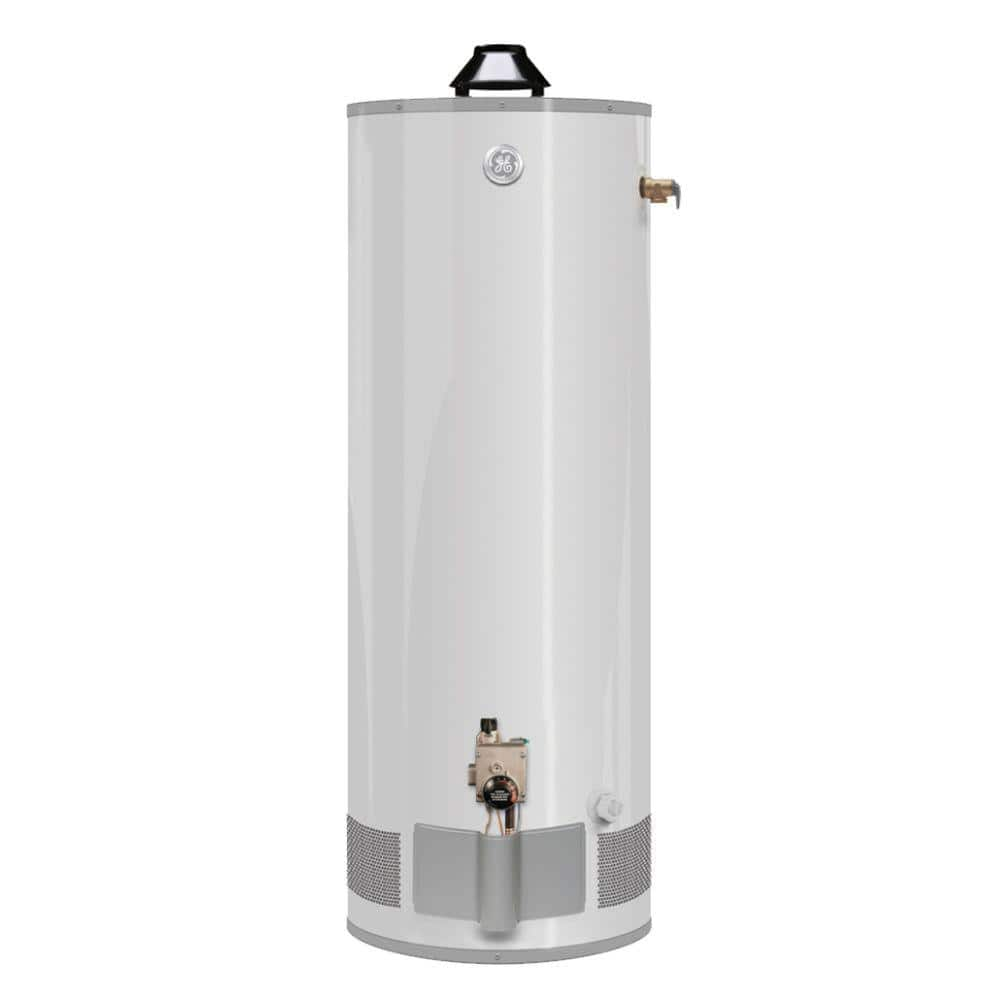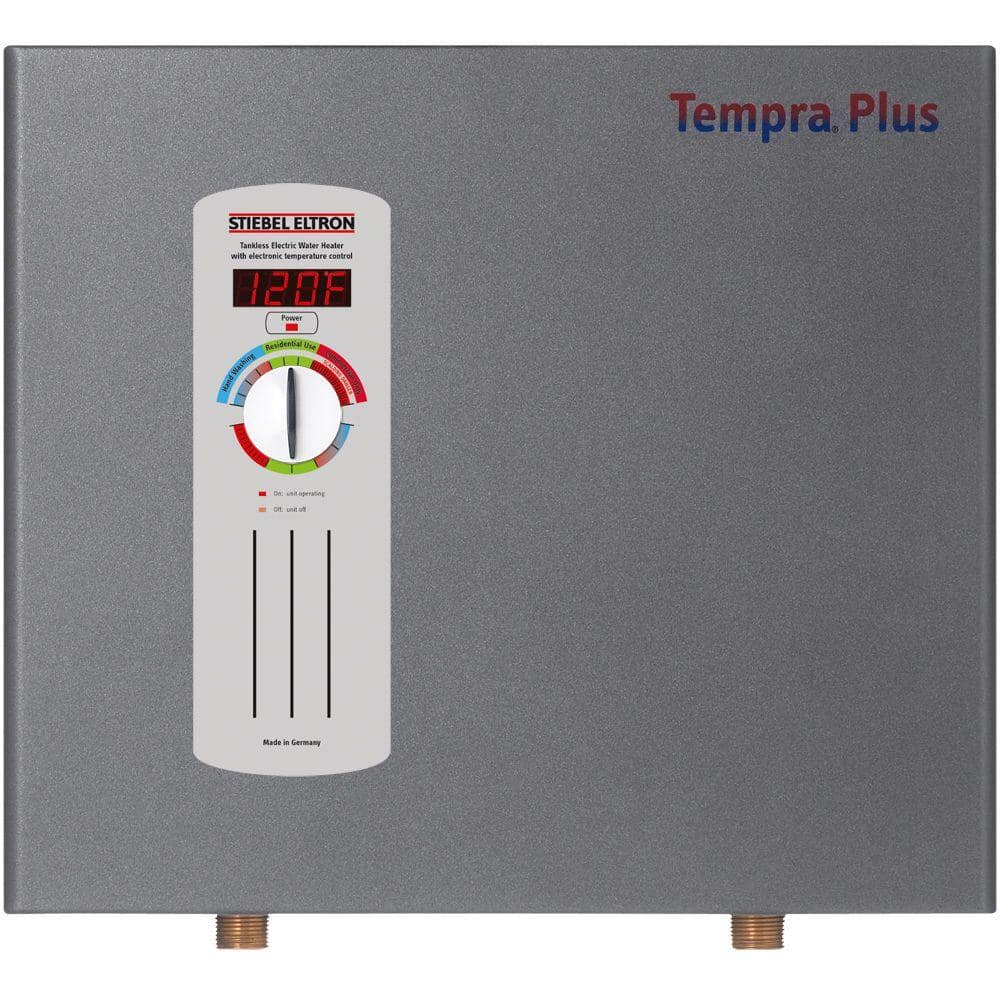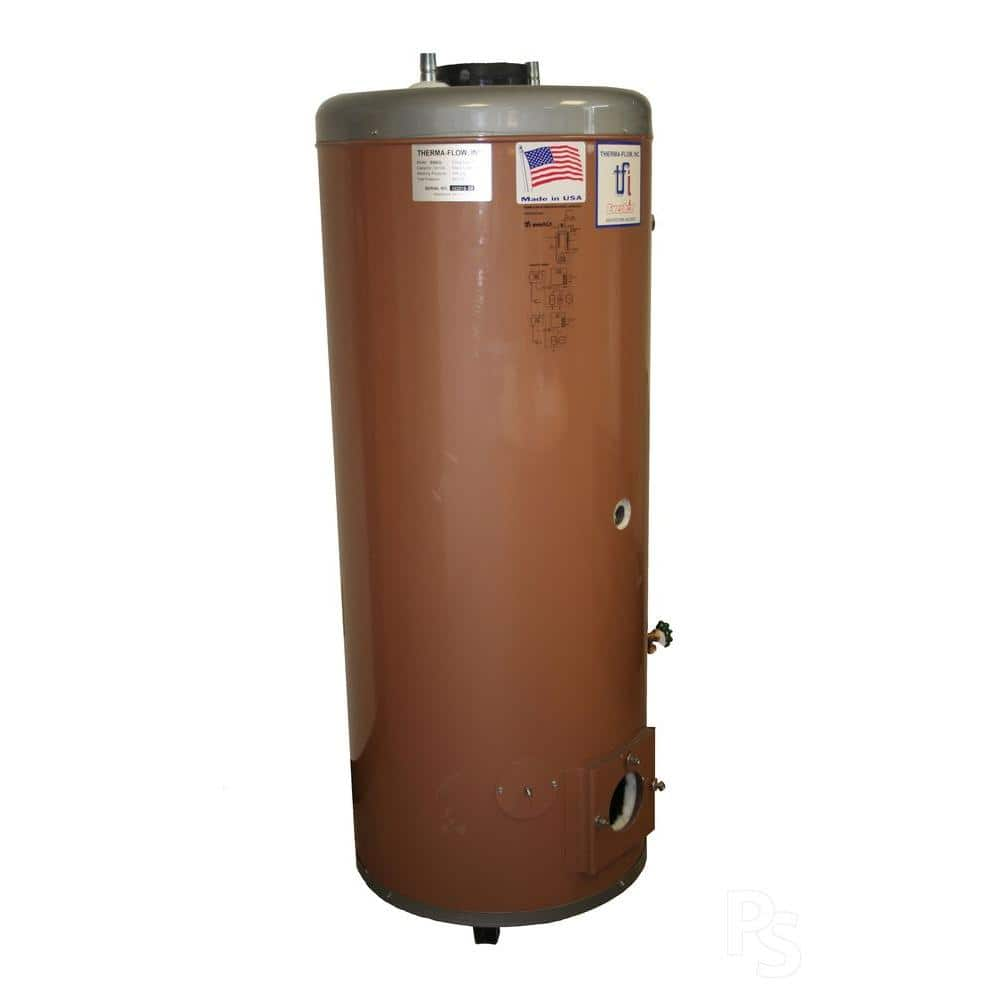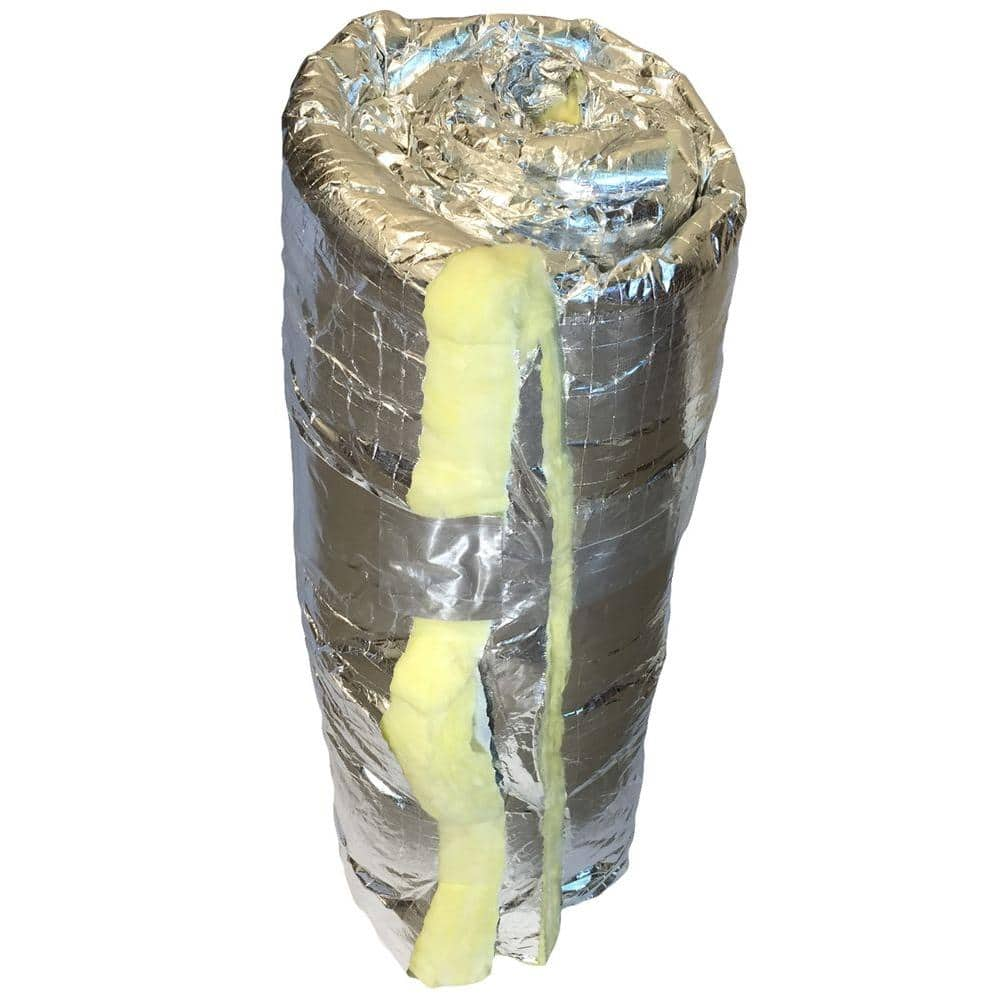
Water heaters provide a fast, effective method for getting hot water instantly to faucets and fixtures. This guide walks you through the most popular types of water heaters and outlines some of the advantages of each style.
Tip: Understanding water heaters is a broad subject. We have a wide selection of guides to answer simple questions like "What is a water heater?" and "How do water heaters work?" to "How do I maintain a water heater?" or "What happens during water heater installation?" Read on for more info on water heater options.
Factors to Consider
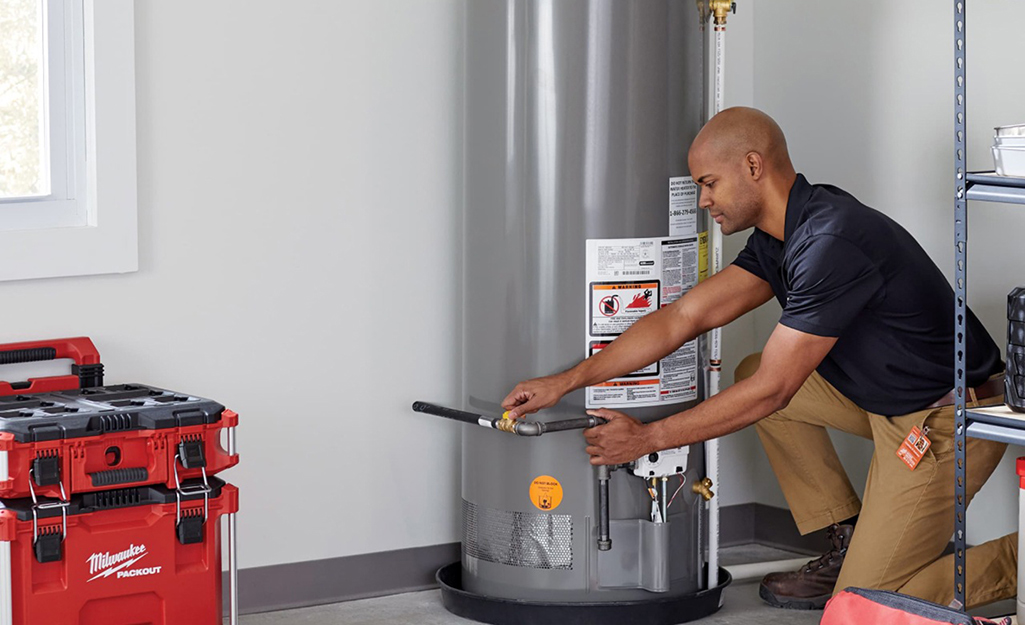
Choosing a new water heater is important. Water heaters consume a lot of household energy. The right water heater type can make a big impact on energy efficiency in your home. When deciding which of the different types of hot water heaters will work best for your home, there are many things to consider.
- Tank or Tankless: Most water heaters rely on a tank to maintain a ready supply of hot water, but some are tankless and only heat water as needed.
- Fuel Type: Water heaters run on electricity, gas or a combination of the two. When looking at a new water heater, think about if you’ll want to stick with the same energy source. Changing may cost more upfront but might be a good investment in the long run.
- Use: How you plan on using a water heater determines how much hot water it needs to supply, as well as whether you need a single unit, individual units at several points in the house or a combination of solutions.
- Size and Profile: Measure your space and take note of any structural features that will affect where the water heater can be installed. Water heaters are available in compact and medium sizes along with the standard configuration.
- Capacity: Standard residential tank water heaters can range in size and capacity. Tank water heaters range from 20- to 80-gallon capacities. Capacity is all about being sure your hot water heater can meet the needs of your home. Storage capacity is more of a concern with a tank water heater. In general, a 40- to 50-gallon tank is sufficient for an average household of 2 to 3 people, increasing by 10 gallons per additional person in the home. In a tankless water heater, the capacity is measured by flow rate, calculated in gallons per minute. Getting the correct size of tankless heater requires figuring out how much hot water you may need at any given time, coming up with a flow rate number and then matching that figure to the measure on a given system.
- First Hour Rating (FHR): How much hot water you get from your water heater in its first hour of operation. Your tank’s first-hour rating, or FHR, will be printed on the tank. The FHR should be very close to how much water your family uses at its peak time, with multiple hot water uses running at the same time. For example, in the morning, you may have the shower, dishwasher and washing machine on, all requiring hot water.
- Warranty: Find out what type of warranty is offered for your hot water heater. You’ll want to take advantage of the longest warranty possible. The average lifespan of a residential water heater is 10 to 15 years.
- Energy Efficiency: Water heating accounts for about 18 percent of home energy use. An older water heater is a good candidate for replacement, as a more energy-efficient model would likely be available, resulting in both energy and utility cost savings.
Tank Water Heaters
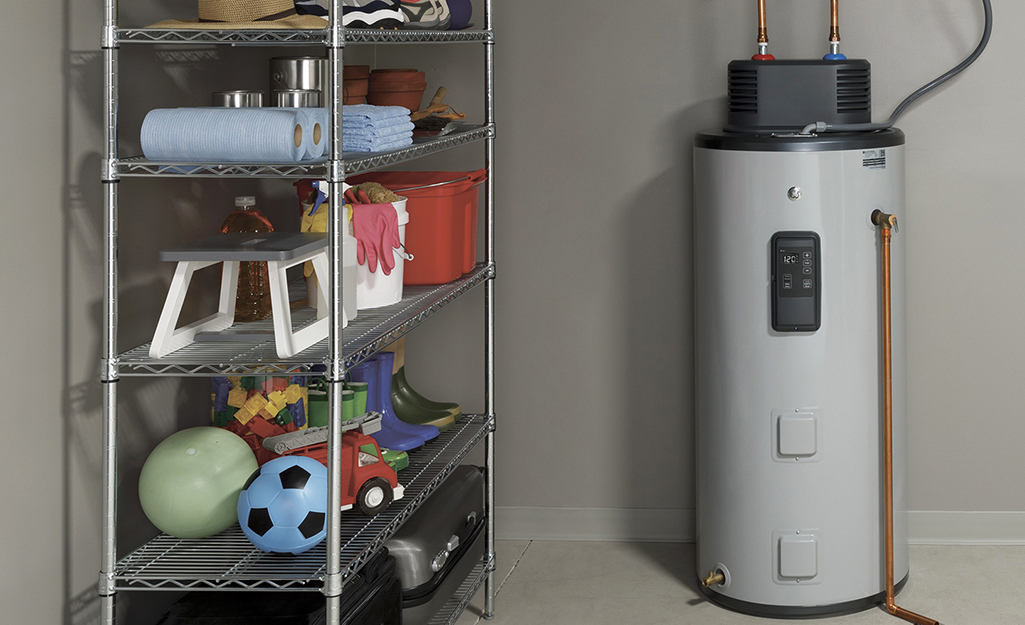
A traditional tank water heater stores a large amount of water, holding it hot until needed, then releasing it through the pipes. Replacement cold water then fills the tank as hot water is drained, to be heated and stored for future use. A storage water heater can be fueled by gas, electricity or a hybrid. Natural gas water heaters are more expensive than electric water heaters and professional installation is recommended which can add to the upfront costs. However, a natural gas water heater will use 10 percent less energy than electric, which means greater savings year to year. The average tank water heater has a 10- to 15-year life span.
Tank water heaters come in various sizes, including compact sizes to fit into small spaces. Household size plays a big role in determining the right water heater size. A home with two or fewer people can be served by a 23- to 36-gallon tank. A tank size of 36- to 46-gallons is best for homes of up to four people. A home with five people can be served by a 46- to 56-gallon tank. For six or more people, look at larger tanks with a 60-gallon or greater capacity.
Pros:
- Easier to maintain and repair.
- Less expensive than tankless water heaters.
- Easy to replace.
Cons:
- Uses more energy than other types of water heaters. In cold weather, energy consumption increases.
- Requires a large space inside the home.
- Runs a risk of flooding if the tank fails.
Tankless Water Heaters
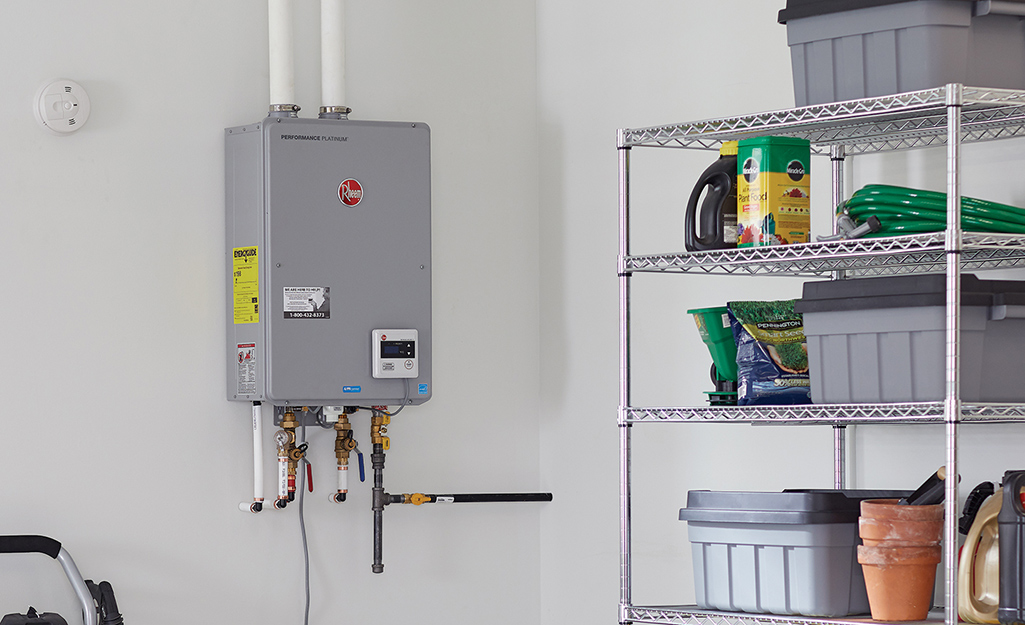
Tankless gas water heaters and electric tankless water heaters are also called instantaneous or on-demand water heaters. Rather than use a storage tank, the water circulates through a coil system that heats the water as needed. Tankless water heaters are rated by the gallons per minute they provide, and the average life span is 20 to 25 years.
Pros:
- Requires less space to install.
- Heats water on demand; hot supply is steady.
- Saves on energy bills.
Cons:
- Greater upfront cost.
- May require upgraded electrical systems in older homes.
- Larger homes may require more than one unit .
Consider the amount of hot water your household is likely to use when selecting the gallons per minute (GPM) of a tankless water heater.
Average Flow Rates in Gallons per Minute (GPM):
Bathtub: 2.0 - 4.0
Shower: 1.5 - 3.0
Bathroom Faucet: 0.5
Kitchen Faucet: 1.0 - 1.5
Dishwasher: 1.0 - 3.0
Clothes Washer: 1.5 - 3.0
Point of Use Water Heater
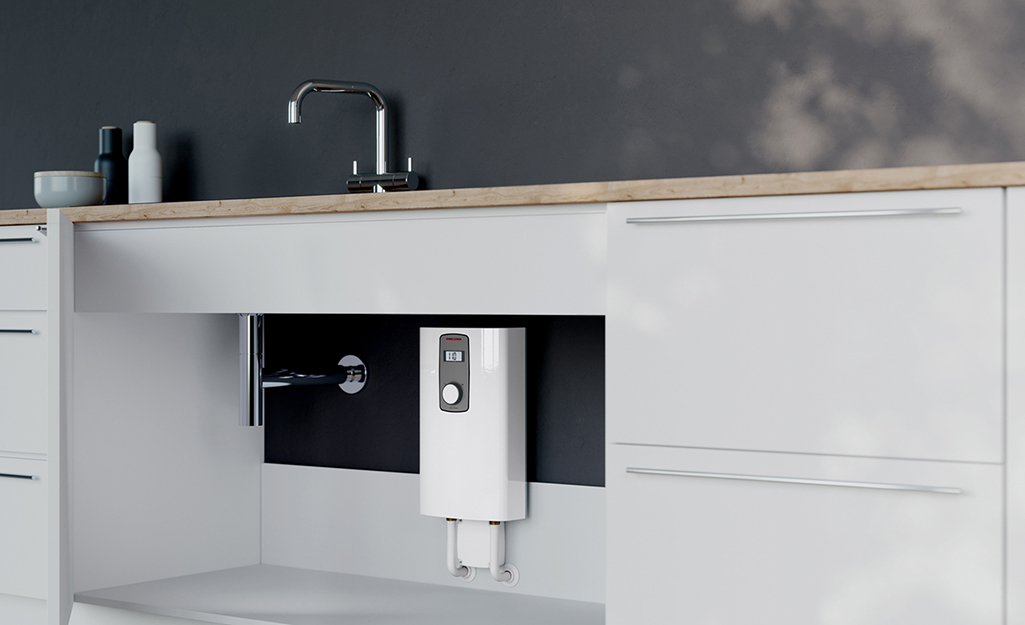
A point of use (POU) hot water heater is a small water heater installed near the fixture it supplies. A point of use heater, whether tank or tankless, is a good solution to increase hot water at a point far away from the central water heating unit. It is also useful as a backup system in the home when the primary system is electric or gas. POU systems are usually considered insufficient to use as a backup for a solar-powered water heater.
A POU system saves energy by letting you decrease the temperature setting on a central tank water heater. POU water heaters are a popular choice for hot tubs, home additions, extra bathrooms or any fixture that uses less than 20 gallons of hot water a day.
Smart Water Heaters
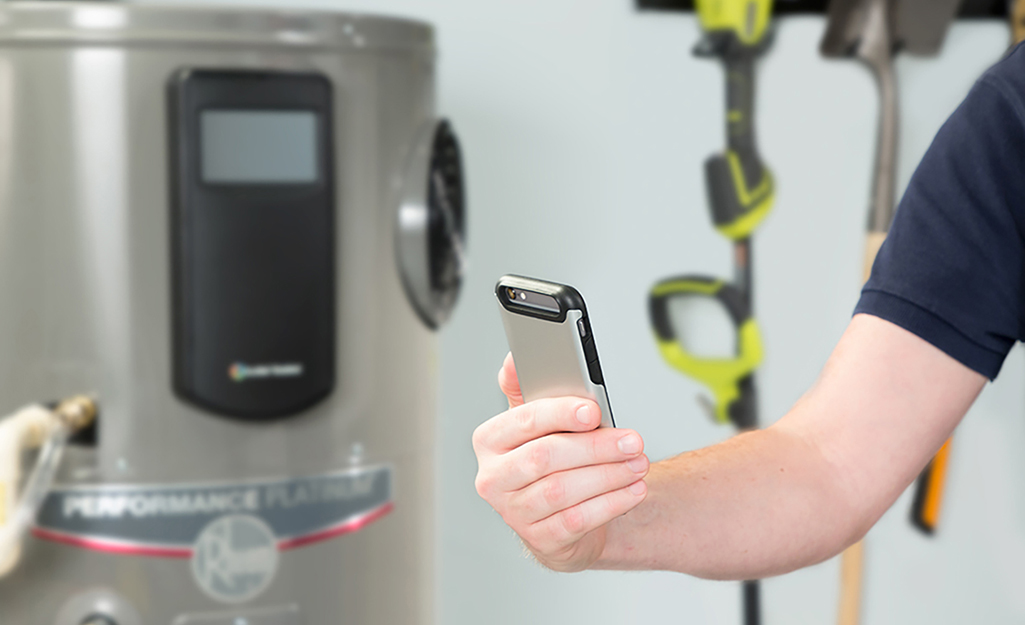
A smart water heater can be a tankless system or a thermostat that works in conjunction with your existing water heater. The system connects to Wi-Fi to give the water heater a lot of desirable features.
Pros:
- Monitors and adjusts temperature to save energy.
- Provides leak detection alerts to minimize water damage.
- Cycles water temperatures to kill bacteria inside the water heater.
Cons:
- Most units require professional installation.
- Smart technology adds to the overall cost of the heater.
Hybrid Water Heaters
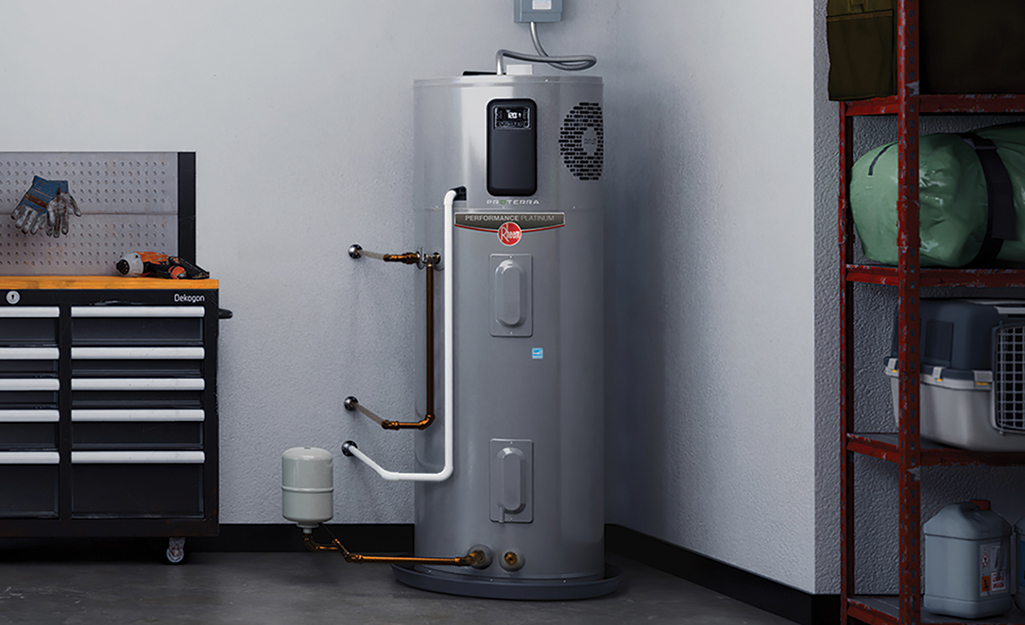
An additional type of water heater, the hybrid water heater, combines the best features of old styles and new technology. Like traditional water heaters, hybrid water heaters use a standard tank. Instead of using fuel to heat water, hybrid water heaters pull heat from the surrounding air into a converter that heats the water. It's similar to a heat pump and it saves on energy costs.
Pros:
- Energy savings: installing a hybrid water heater can reduce your carbon footprint by as much as 75 percent.
- Many come with wii-fi technology to manage your household's hot water use.
Cons:
- Installation costs are higher for hybrid water heaters.
- Hybrid water heaters are not designed for small homes and spaces.
Features to Consider
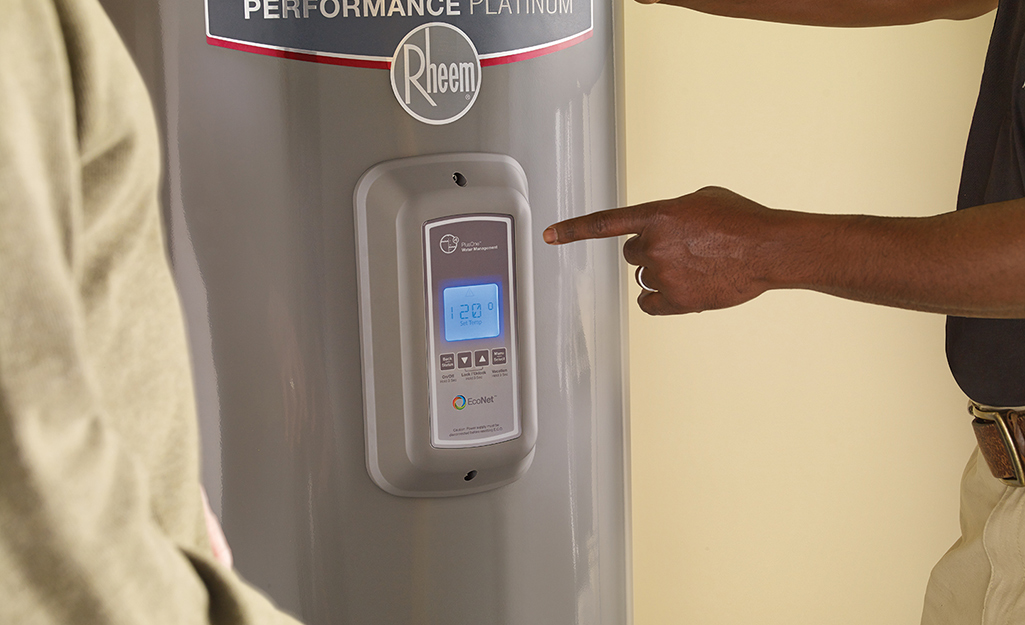
- Overheat protection: Keeps the water from overheating in the system by cutting off the power supply once the set temperature is reached.
- Digital display: Makes it easier to monitor the temperature and make precise adjustments.
- Pilot reset button: In a gas heater, a button that releases gas, allowing the pilot to be restarted.
- Pilot light window: Most new gas water heaters have a window that lets you check the pilot light more easily than older models.
- Temperature/pressure relief valve: An internal valve that opens and closes with fluctuations in temperature and pressure in the hot water system. The valve expels hot water and allows cool water to enter to bring down both temperature and pressure.
The Home Depot carries a wide selection of different types of hot water heaters, so you will be able to find the right style for your home, whether gas or electric, tank or tankless. We also offer professional water heater installation to make getting a new water heater simple and convenient. Whichever hot water heater options you choose, make sure you have the right water heater parts and accessories before you get started. This includes water heater drain pans, water heater blankets, expansion tanks, pipes, fittings and insulation. We also have a selection of solar water heaters and hybrid water heaters to choose from.

